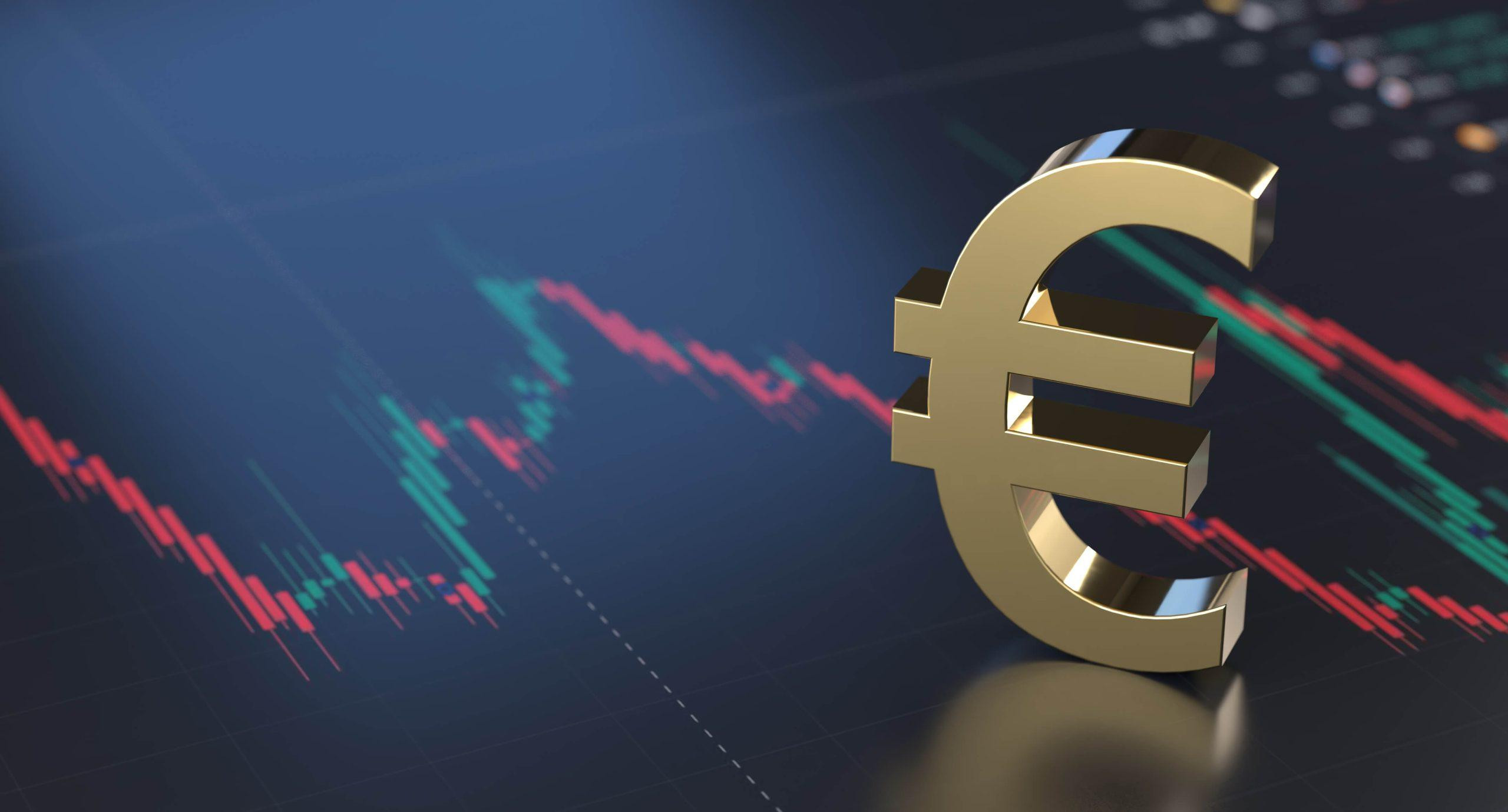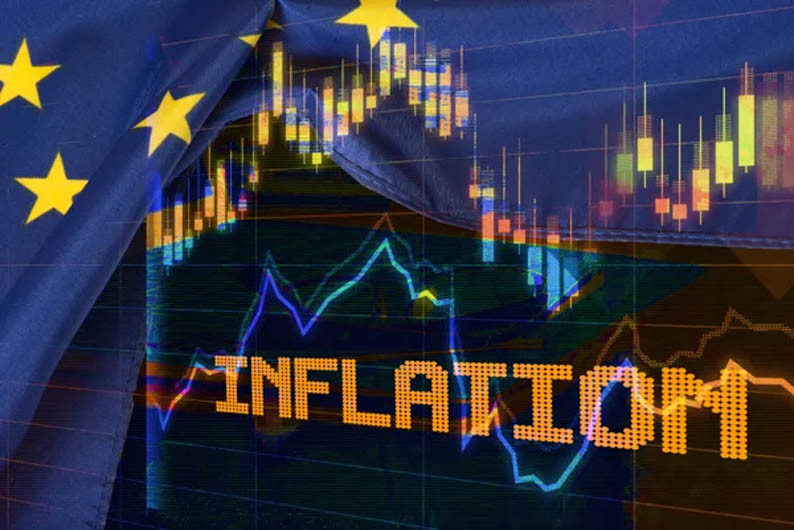Inflation in the Eurozone has fallen to its lowest level in over three years, intensifying speculation that the European Central Bank (ECB) might soon consider lowering interest rates.
According to Eurostat's preliminary data, the harmonised index of consumer prices across the currency bloc observed a year-on-year rise of 2.2% in August 2024. This marks the lowest annual inflation rate since July 2021, before it spiked to a peak of 10.6% in October 2022.
This marks a significant easing from the 2.6% rise recorded in July, aligning with economists' expectations. On a monthly basis, the overall index edged up by 0.2%, following a stagnant reading in July.
The decline in annual inflation was primarily driven by a sharp 3% drop in energy prices and favourable base effects.
Core Inflation Remains Stubborn
Excluding volatile components such as energy and food, core inflation slightly declined from 2.9% to 2.8% annually, reaching the lowest level since April 2024. However, on a monthly basis, core inflation saw a 0.3% increase, mainly due to a rise in services prices.
Services Inflation Remains a Concern
Service-related expenses, which constitute nearly 45% of the Eurozone’s harmonised index, escalated by 4.2% year-over-year in August, up from a previous 4%, and experienced a 0.4% monthly rise. “Policy should proceed gradually and cautiously since the current level of headline inflation understates the challenges monetary policy is still facing,” said Isabel Schnabel, a member of the ECB's Executive Board, during a speech in Estonia on Friday. She highlighted that domestic inflation remains high at 4.4%, largely due to persistent price pressures in the services sector, where disinflation has effectively stalled since last November.
Germany Leads Inflation Cooling
In a separate release, Eurostat reported that the unemployment rate for the Eurozone eased from 6.5% to 6.4% in August, below market forecasts of 6.5%.
German Inflation Falls Sharply
The harmonized index of consumer prices for Germany fell to 2% annually in August, dropping sharply below the expected 2.3%.
On a monthly basis, Germany recorded deflation, with price pressures contracting by 0.2%, driven by a sharp reduction in energy prices.
Other member states with negative monthly inflation in August included Lithuania (-0.5%), Finland (-0.5%), Latvia (-0.4%), Italy (-0.1%), Austria (-0.1%), and Portugal (-0.1%).
Belgian Inflation Surges
Conversely, Belgium saw a notable surge in inflationary pressures during the month, with its harmonised inflation rate rising by 1.6% compared to July 2024. This sharp increase marked a significant turnaround from the 0.6% decline seen in July and represented the steepest monthly rise since February 2024. On an annual basis, Belgium recorded the highest inflation rate at 4.5%, though this was a decrease from 5.4% in July, followed by Estonia at 3.4% and the Netherlands at 3.3%.
Euro Holds Steady
The euro held firm against the dollar following the release of the inflation data, likely buoyed by the stubborn inflation in the services sector. By 11:15 a.m. Central European Time, the single currency was trading at 1.1080 USD, maintaining stability after two consecutive sessions of decline.
Yields on 10-year sovereign bonds remained largely unchanged in Germany after Thursday’s decline, while they dipped slightly by 3 basis points in France, Italy, and Spain.
Stocks Rise on Positive Sentiment
European stocks continued their upward trend on Friday, with the Euro Stoxx 50 gaining 0.6%, positioning itself for a fourth consecutive week of gains. Among the top performers in the Euro Stoxx 50 were Adidas, LVMH, and Amadeus IT, which rose by 1.6%, 1.4%, and 1.1%, respectively.
Across country indices, France’s CAC 40 increased by 0.6%, Italy’s FTSE MIB by 0.5%, and Germany’s DAX by 0.1%, with the latter hitting fresh record highs above 18,950 points during the morning session.


















